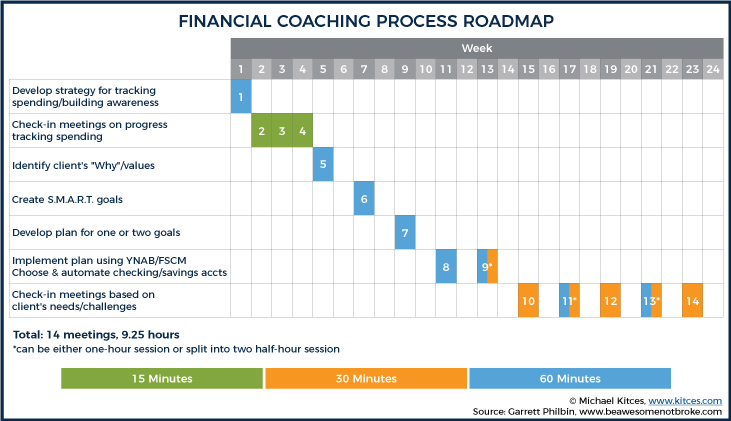
At the risk of putting them to sleep, I would at least attempt to explain our page Financial Advisor Compensation Plan. The result? My clients told me they greatly appreciated my attempt to provide transparency in an extremely nontransparent business. My clients trusted me and that was the most important thing to me. The financial universe has gotten only more complicated since then, so misunderstandings over how brokers get paid persist.
Give it a positive spin
It pays to know how to handle money — literally. If you’re good enough to help manage the financial situation of others, you just may be able to fetch an impressive salary for yourself. Not everyone needs a financial advisor, but enough people find it worth it to work with one that it continues to be a viable career option — even as robo advisors become more prevalent. According to the U. Many of the states with the highest financial advisor salaries contain or are close to large cities. At No. The range of salaries is extremely wide. The city an advisor works in plays a large role in this.
Find a Job

You may wonder what a financial advisor does with your money and how this professional decides on the best investments and course of action for you. A financial advisor is your planning partner. Let’s say you want to retire in 20 years or send your child to a private university in 10 years. The financial advisor is also an educator. Part of the advisor’s task is to help you understand what is involved in meeting your future goals. The education process may include detailed help with financial topics. At the beginning of your relationship, those topics could be budgeting and saving. As you advance in your knowledge, the advisor will assist you in understanding complex investment, insurance, and tax matters. Step one in the financial advisory process is understanding your financial health. Typically, you will be asked to complete a detailed written questionnaire. Your answers help the advisor understand your situation and make certain you don’t overlook any important information. The advisor works with you to get a complete picture of your assets, liabilities, income, and expenses. On the questionnaire, you will also indicate future pensions and income sources, project retirement needs and describe any long-term financial obligations. The investing component of the questionnaire touches upon more subjective topics, such as your risk tolerance and risk capacity. You’ll let the advisor know your investment preferences as well.
U.S. NEWS BEST JOBS
The monetary benefits of dealing with financial problems—saving more, paying down expensive debt—will improve not just your bottom line but your overall mood as well. The less you worry about dealing with finances and money issues, the more you can enjoy life. Keeping the list short can help you feel less overwhelmed. Your mindset can help keep you motivated to fix your financial problems. Rather than get bogged down by thoughts of never getting out of debt, imagine the amount of stress you feel decreasing as your debt load gets smaller and smaller. Determine what you can reasonably achieve and then dedicate yourself to following through each and every month. Try to focus on making the most of the income you do have by spending wisely. You might also consider using a calculator to see how long it may take you to hit a savings goal. Bank of America offers a savings calculator that could help.
Identify your stress points
You may wonder what a financial advisor does with your money and how this professional decides on the best investments and course of action for you. A financial advisor is your planning partner. Let’s say you want to retire in 20 years or send your child to a private university in 10 years. The financial advisor is also an educator. Part of the advisor’s task is to help you understand what is involved in meeting your future goals. The education process may include detailed help with financial topics. At the beginning of your relationship, those topics could be budgeting and saving. As you advance in your knowledge, the advisor will assist you in understanding complex investment, insurance, and tax matters. Step one in the financial advisory process is understanding your financial health.

Comments
Post a Comment